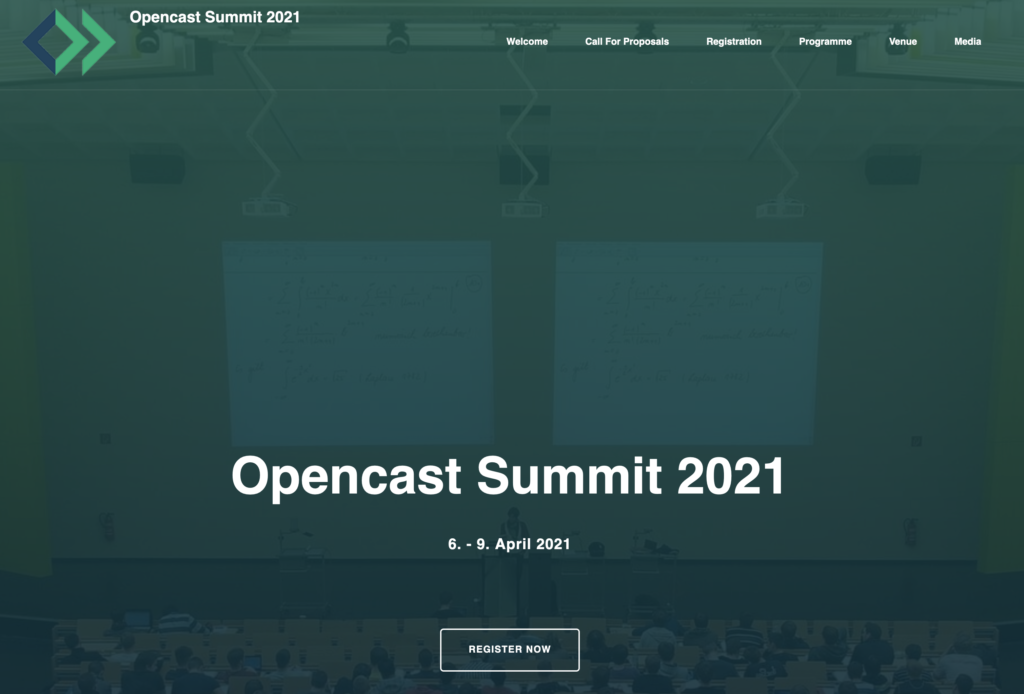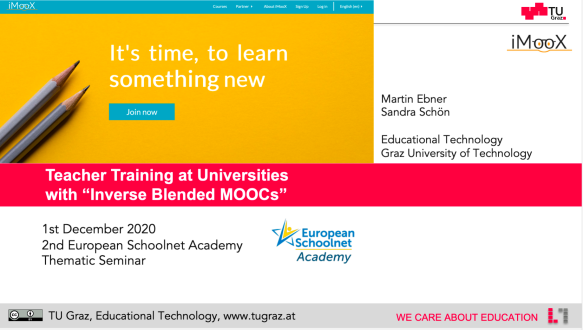Our conference contribution at last year Robotics in Education conference got published now titled „MAKER DAYS for Kids: Learnings from a Pop-up Makerspace„.
Abstract:
Makerspaces exist in different forms with different target groups and goals. Dedicated makerspaces are often organized as communities of practise. They provide space, devices, tools and materials for (digital) (re)production to support (social) innovation and to democratize STEAM education. The potential of makerspaces as authentic learning environments to teach 21st century skills is one reason why pop-up makerspaces are especially designed for children and teenagers, with a great focus on the tools and activities offered. The MAKER DAYS for kids are one example of a temporary makerspace for more than 100 participants with an open approach to encourage (especially female) participants to pursue a career in STEAM domains. Based on the gathered data of the last MAKER DAYS in 2018 and 2019 at Graz University of Technology, this publication focuses on the challenges in the design of maker activities in pop-up makerspaces and comments on the changes and improvements that were/are applied to the last/upcoming event.
[article @ publisher’s homepage]
[draft @ ResearchGate]
Cite this paper as: Grandl M., Ebner M., Schön S., Brünner B. (2021) MAKER DAYS for Kids: Learnings from a Pop-up Makerspace. In: Lepuschitz W., Merdan M., Koppensteiner G., Balogh R., Obdržálek D. (eds) Robotics in Education. RiE 2020. Advances in Intelligent Systems and Computing, vol 1316. Springer, Cham. https://doi.org/10.1007/978-3-030-67411-3_33



